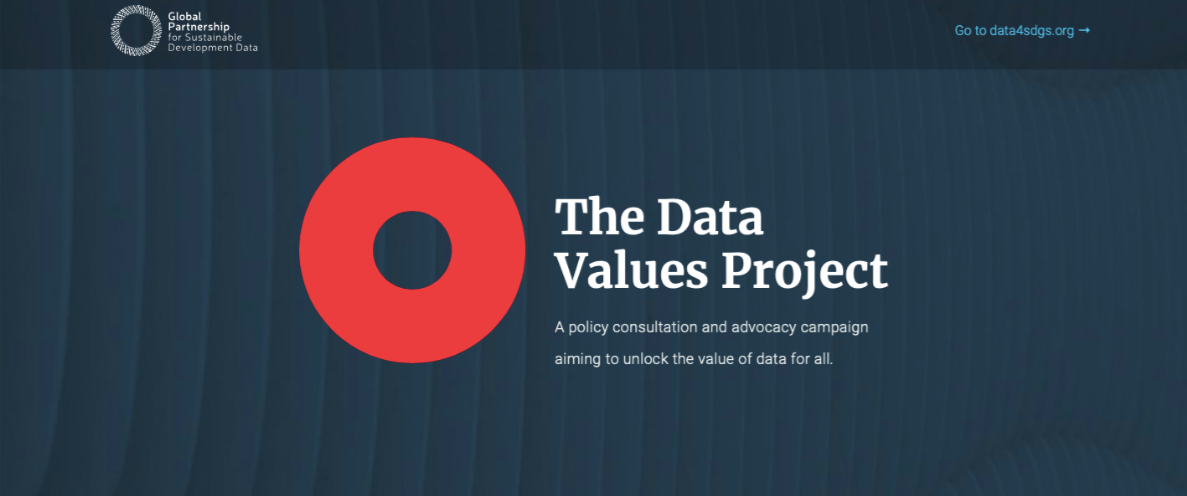|
Rakkshet Singhaal, Programme Associate, Community Systems Foundation Seth Davis, Programme Advisor, Community Systems Foundation How do you know how well students are doing when there is no data to measure or track their progress? How can you tell if an anti-poverty approach is effective if you don't know how many impoverished people exist? [1] The key to answering these questions is data analysis, which allows us to critically analyze the progress made towards development. For this reason, data is one of the essential elements to evaluate development. It has aided us in understanding the past; now, we have reached a point where it needs to assist policymakers in the present and future. Global Partnership for Sustainable Development Data (GPSDD) is a global network of more than 300 organizations that utilize data to achieve the Sustainable Development Goals (SDG). Community Systems Foundation is a part of this global network to assist GPSDD with tools to overcome the present gaps in data analysis. This is done by creating a global movement promoting data for development, influencing and defining international data policies and frameworks, and getting data in the hands of decision-makers and governments. To this end, CSF participated in data road-mapping exercises in Senegal, to support the government to monitor its efforts of sustainable development and promote the integration of SDGs in national development policies. As a member of GPSDD Technical Advisory Group, CSF's Executive Director, Jon F. Kapp, has represented the organization and supported the technical and programmatic efforts of the Partnership. Since his early involvement, Jon collaborated on joint proposal reviews and participated in regional and global fora. Most recently, he has been contributing to the Data Value Project, an initiative aiming to address how governments, companies, and civil society use data in a collaborative and meaningful way. In a statement given by Jon to GPSDD, he describes why data plays a pivotal resource in human development. He highlighted that the development community must commit to, “doubling and tripling our efforts to ensure no one is left behind in development data. [Compelling] us to seek data and consider all dimensions and combinations of dimensions of the human condition to ensure that the realities of everyone are brought into the light through data and treasured. And in doing so, perhaps there is hope for inclusion and equity in the realization of the broad goals for sustainable development.” Guided by this perspective, CSF develops and supports the deployment of software solutions that provide decision-makers with the data needed to create inclusive and equitable policies and strategies for all. With emphasis on data-driven technology to improve management information systems (MIS), strategic planning, monitoring and reporting and data analytics, CSF takes broad aim at support to better development results across all the SDGs. Importantly, CSF joined forces with GPSDD to mobilize political commitment, align strategic goals, encourage cooperation, spur innovation and create trust between countries. CSF is committed to incorporating views on how people, communities, and societies utilize data, integrating different voices into a discourse that bases conceptual analysis on real-world experience. Better data towards better development results. [1] World Bank, World Development Report 2021: Data for Better Lives, 2021.
0 Comments
Leave a Reply. |
Join the CSF data revolution webinar tomorrow!
COMMUNITY SYSTEMS FOUNDATION – EST 1963
+1 212 500 1335
data-driven sustainable development


